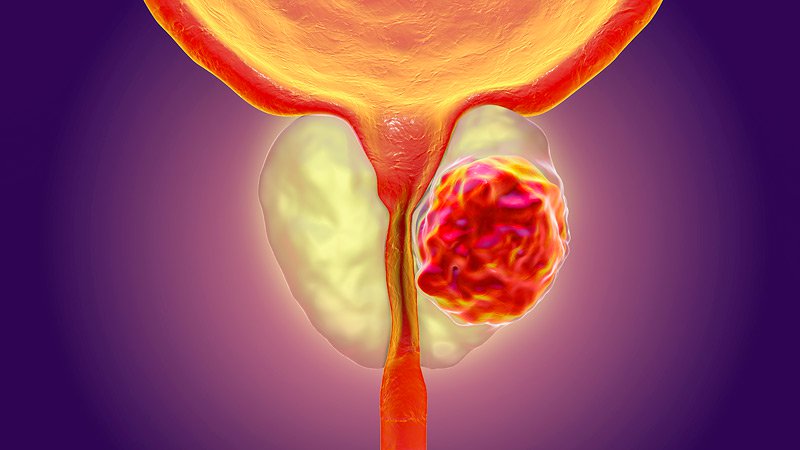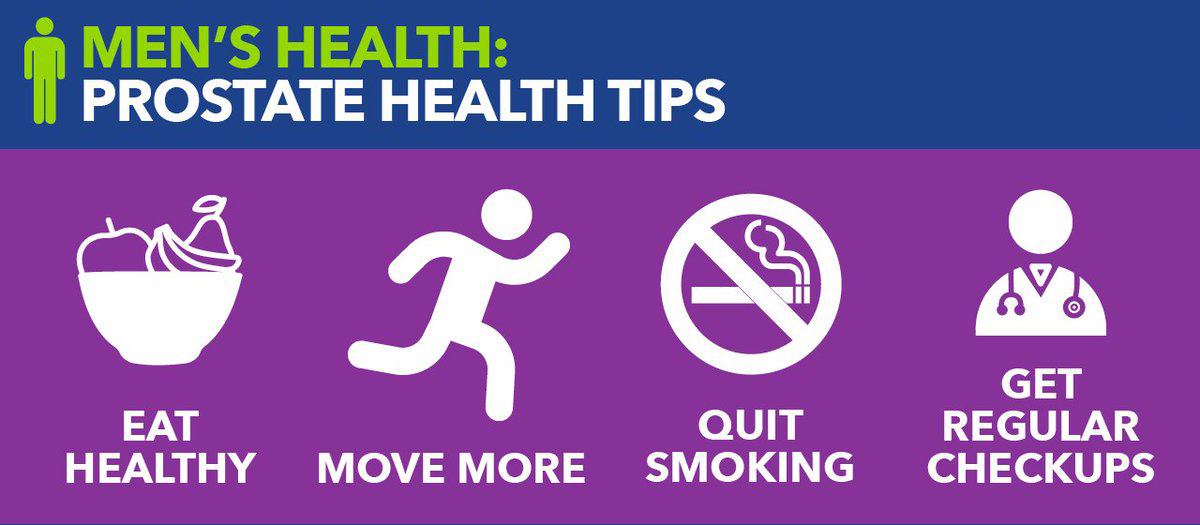Posted by: Dr. Pravin Govardhane
Post Date: September 26, 2019
Facts to Know About Prostate Cancer Surgery
September is Prostate Cancer Awareness Month. Prostate cancer is the second most common cancer in men. Now every 1 in 9 men is diagnosed with prostate cancer. Many men worried about prostate cancer surgery like what to expect from before surgery and after surgery. Here are some common facts about prostate cancer surgery.

- Most men experience very little surgical pain.
- Men (who have not had experience with one) really fear the catheter. Changing bags from a large capacity night bag to a smaller capacity day bag is simple and doesn’t involve removing the catheter. Walking with the day bag catheter is not a problem. Removal of the catheter is usually done in the doctor’s office after the prescribed timeframe (usually 1-2 weeks) and is relatively pain-free.
- If all goes well, person can walk within the night of surgery or the next day. Mostly men can go home the following afternoon if all goes well.
- Many persons feels discomfort due to gas pains, hence the walking. But in robotic surgery, the body cavity is filled with gas to manipulate the equipment. Until we get rid of the gas in the normal way we do, there can be discomfort.
- Person may feel a strong urge to urinate. This is because the balloon at the end of the catheter, that holds it in place in the bladder, puts pressure on the bladder and the brain is sends signal to go pee. Not to worry, it is going into the catheter bag.
- After going home, person can perform normal activities and not be confined to a bed or chair, unless of course your doctor has given other orders.
- Person should wear loose fitting clothes like PJ’s, sweat pants or shorts for while leaving the hospital to accommodate the catheter.
- In most cases, leakage will come under control in a few weeks or months. During this time, avoid caffeinated beverages that may give you a strong urge to urinate and can lead to leakage.
- Recovery is quick from the surgery, there is almost no blood loss, and in many cases, very little, if any scarring will take place.
Tips to prevent prostate cancer
 Get Educated
Get Educated- Get Screened
- Eat healthy
- Be physically active
- Quit smoking
Who is at risk of prostate cancer
Men who drink at least seven alcoholic drinks per week between ages 15 to 49 years had a more than threefold greater likelihood for developing high-grade prostate cancer than men who did not drink.
